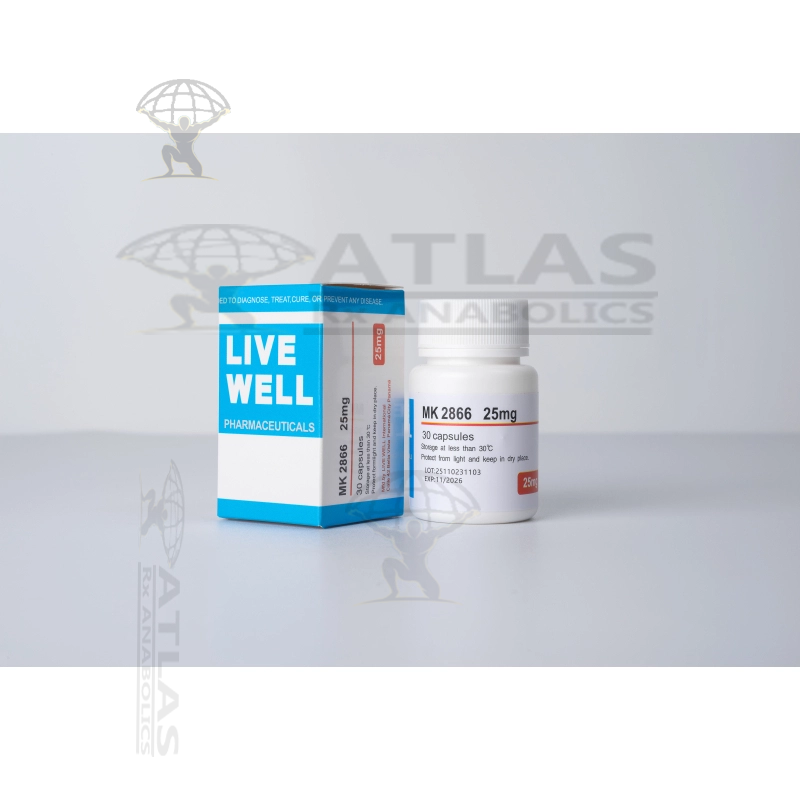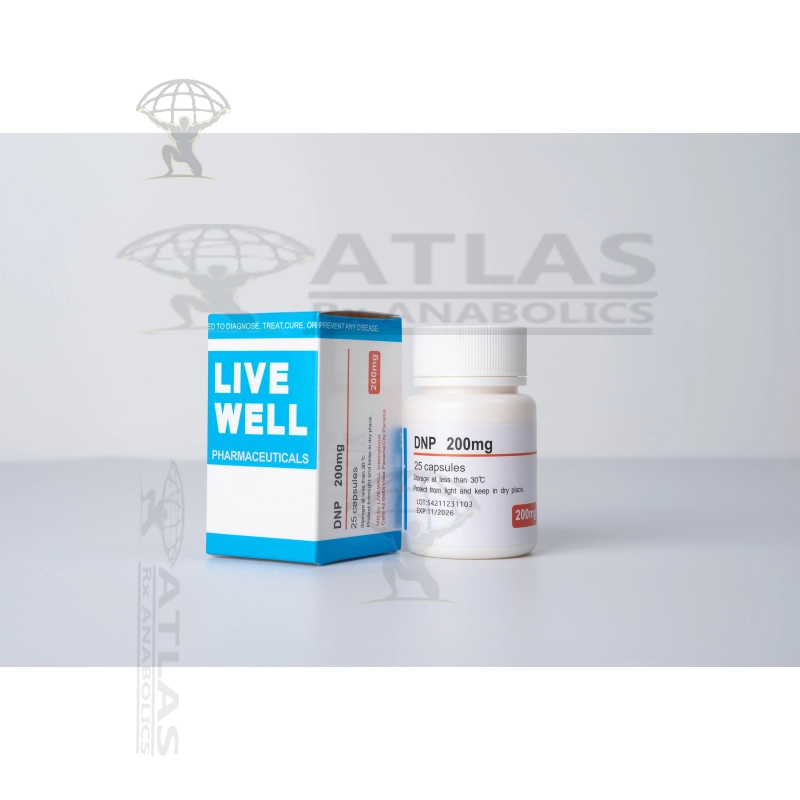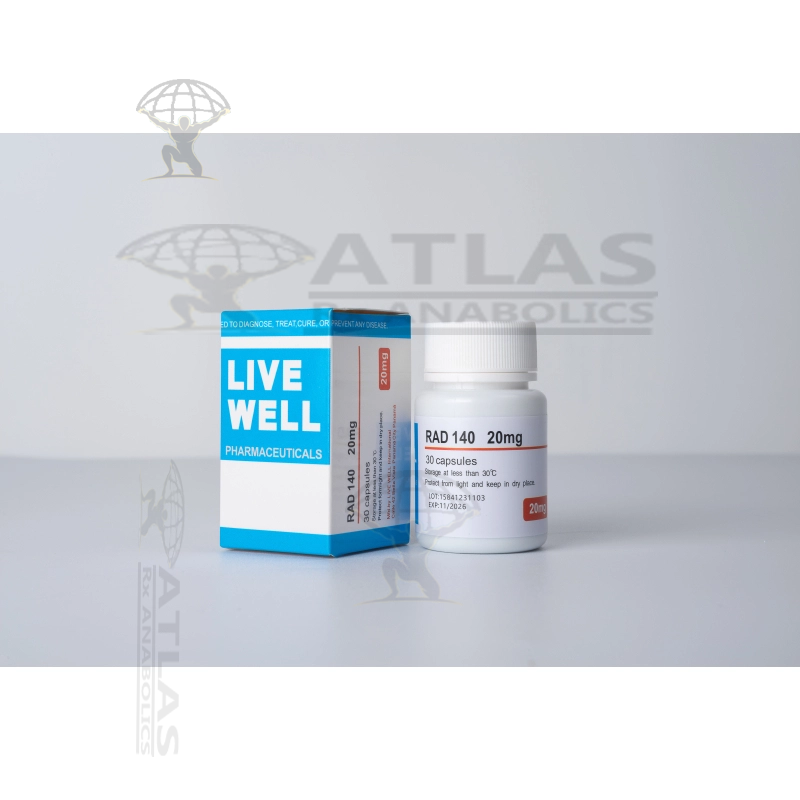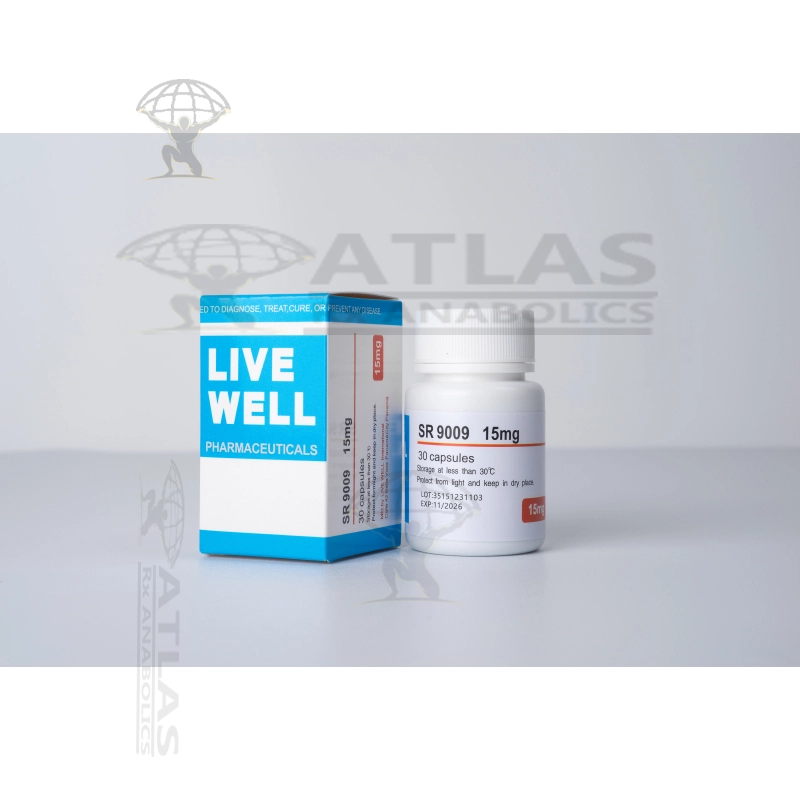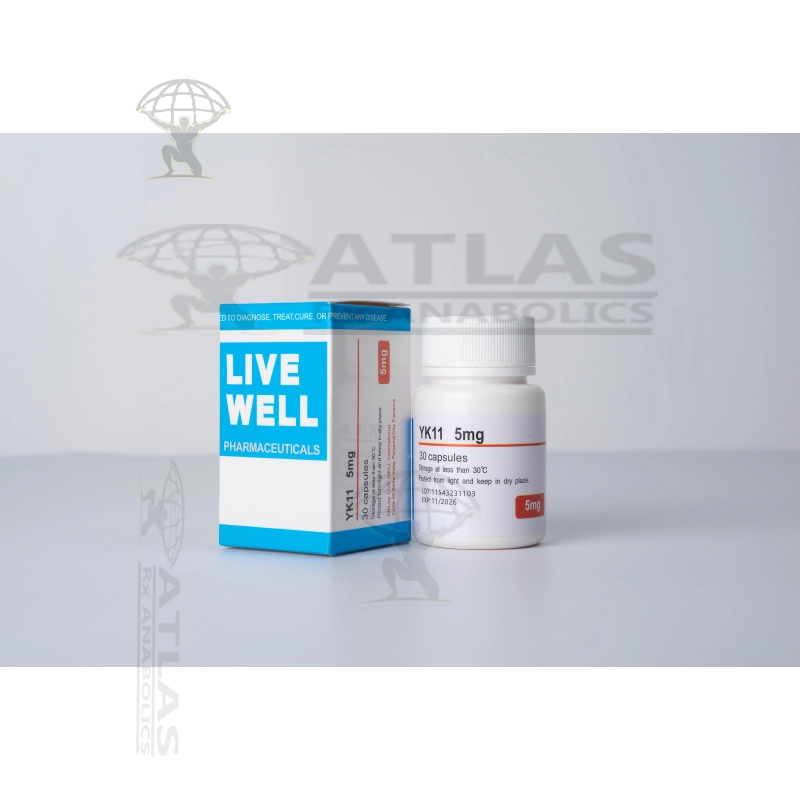Description for Mesterolone 10mg (Proviron)
Mesterolone 10mg: A Comprehensive Overview
Introduction:
Mesterolone is a synthetic derivative of dihydrotestosterone (DHT), an androgen hormone known for its role in the development and maintenance of male sexual characteristics. Mesterolone is commonly sold under various brand names, including Proviron, and is primarily used in the treatment of low testosterone levels, hypogonadism, and male infertility. In this detailed description, we will explore the various aspects of Mesterolone 10mg, including its pharmacology, uses, dosage, side effects, and precautions.
Pharmacology:
Mesterolone is classified as an androgenic-anabolic steroid due to its ability to bind to androgen receptors in the body. It exerts its effects by increasing the production and release of testosterone, which leads to various physiological changes. Mesterolone is structurally similar to DHT but possesses a methyl group at the first carbon position, making it resistant to metabolism by the enzyme 3-hydroxysteroid dehydrogenase. This modification enhances its oral bioavailability and prolongs its half-life, allowing for effective therapeutic use.
Uses:
1. Testosterone Replacement Therapy: Mesterolone is commonly prescribed for the treatment of male hypogonadism and low testosterone levels. It helps to restore testosterone levels to normal, alleviating symptoms such as fatigue, reduced libido, depression, and muscle weakness.
2. Male Infertility: Mesterolone is sometimes used as an adjunct therapy in the treatment of male infertility. It improves sperm quality by increasing sperm count, motility, and morphology, thereby enhancing the chances of successful conception.
3. Bodybuilding and Performance Enhancement: Mesterolone is popular among bodybuilders and athletes due to its ability to enhance performance and promote lean muscle mass. It works by increasing free testosterone levels, which can lead to improved strength, endurance, and muscle definition.
Dosage and Administration:
Mesterolone is available in 10mg tablets, and the dosage may vary depending on the individual's condition and response to treatment. For testosterone replacement therapy, a typical starting dose is 25mg to 75mg per day, divided into two or three doses. In the case of male infertility, a lower dose of 25mg to 50mg per day may be sufficient. Bodybuilders and athletes often use higher doses ranging from 50mg to 150mg per day, although such usage is not medically recommended.
It's vital to note that the dosage and duration of treatment should be determined by a qualified healthcare professional based on individual needs and medical history.
Side Effects:
While Mesterolone is generally well-tolerated, like any medication, it can cause certain side effects. Common side effects include:
1. Androgenic Effects: Mesterolone can cause androgenic side effects such as acne, oily skin, increased facial and body hair growth, and scalp hair loss in individuals genetically predisposed to male pattern baldness.
2. Hepatic Effects: Prolonged use of Mesterolone may affect liver function, leading to hepatotoxicity. Regular liver function tests are recommended during treatment to monitor any potential abnormalities.
3. Cardiovascular Effects: Mesterolone has the potential to alter lipid profiles by reducing high-density lipoprotein (HDL) cholesterol and increasing low-density lipoprotein (LDL) cholesterol levels. This can increase the risk of cardiovascular diseases.
4. Suppression of Natural Testosterone: Long-term use of Mesterolone can lead to suppression of the body's natural testosterone production. It is essential to undergo post-cycle therapy (PCT) after discontinuing Mesterolone to restore natural hormone levels.
Precautions:
Before starting Mesterolone therapy, it is crucial to consider the following precautions:
1. Allergies and Sensitivities: Inform your healthcare provider if you have any known allergies to Mesterolone or any other medications.
2. Medical Conditions: Discuss your medical history, including liver problems, cardiovascular disorders, prostate issues, and any pre-existing hormonal imbalances, as Mesterolone may worsen these conditions.
3. Drug Interactions: Inform your healthcare provider about all the medications and supplements you are currently taking, as certain drugs may interact with Mesterolone, potentially causing adverse effects or reducing its effectiveness.
4. Pregnancy and Breastfeeding: Mesterolone is contraindicated in pregnant or breastfeeding individuals, as it may cause harm to the developing fetus or newborn.
Conclusion:
Mesterolone 10mg is a synthetic androgenic-anabolic steroid used primarily for testosterone replacement therapy, male infertility, and performance enhancement. It exerts its effects by increasing testosterone levels, leading to various physiological changes. However, it is essential to use Mesterolone under medical supervision, considering its potential side effects and precautions. Consult with a qualified healthcare professional to determine the appropriate dosage and duration of treatment based on your specific needs and medical history.
Based on 0 review(s)
Shipping Cost
On all orders is set at $25.00
Secure checkout
Protected by Bitcoin
Offer & gift here
On all huge orders



